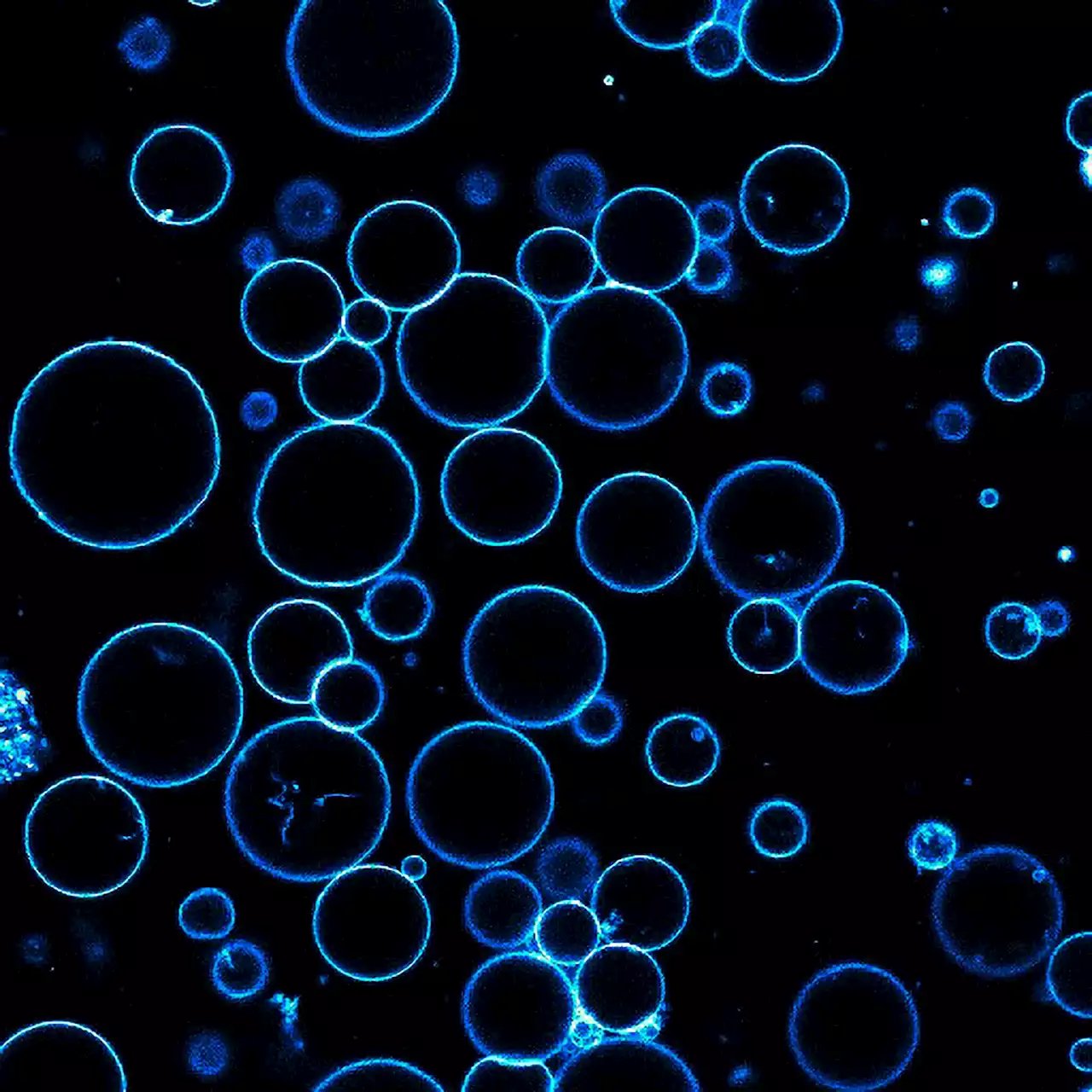Research shows that hibernating bears prevent blood clots by keeping a low level of a key protein in their blood. Experts are hopeful that future medications may help prevent blood clots in humans.
during the winter while they were hibernating with blood samples during the summer when the bears were more active.
A grizzly bear is shown foraging in Glacier National Park in Montana. While hibernating bears can’t help us escape long plane flights or unforgiving winters — they may help us prevent blood clots, according to a new study that looked at the blood samples of both hibernating bears and active bears.The study found that a key difference in the bears' winter and summer blood samples were levels of a protein called heat shock protein 47 — or HSP47 — in platelets.
The research was done by cardiologists at the Ludwig Maximilian University of Munich, who teamed up with a Scandinavian team and other researchers to studyBlood consists of red blood cells, white blood cells and platelets that float in the liquid portion of the blood known as plasma. When we bleed, this initiates the coagulation — or clotting cascade — that activates proteins on platelets to clump to fill the hole in the blood vessel, so that we stop bleeding.
United States Latest News, United States Headlines
Similar News:You can also read news stories similar to this one that we have collected from other news sources.
 New Research Reveals That Muscle Health Depends on Lipid SynthesisThe most widespread reason for frailty in hereditary diseases and aging is muscle degeneration, which could stem from a lack of a crucial enzyme in the lipid biosynthesis pathway. A team of researchers at the Austrian Academy of Sciences' Institute of Molecular Biotechnology (IMBA) has studied how t
New Research Reveals That Muscle Health Depends on Lipid SynthesisThe most widespread reason for frailty in hereditary diseases and aging is muscle degeneration, which could stem from a lack of a crucial enzyme in the lipid biosynthesis pathway. A team of researchers at the Austrian Academy of Sciences' Institute of Molecular Biotechnology (IMBA) has studied how t
Read more »
 Can gum infections trigger arthritis symptoms? There's growing evidence of a link.Researchers are exploring the connection between oral health and joint health—with surprising results.
Can gum infections trigger arthritis symptoms? There's growing evidence of a link.Researchers are exploring the connection between oral health and joint health—with surprising results.
Read more »
 #BetterTogether: Lustgarten Foundation and CBS New York teaming up to walk for pancreatic cancer researchWe're teaming up with lustgartenfdn this weekend, as they make strikes for pancreatic cancer research. BetterTogether
#BetterTogether: Lustgarten Foundation and CBS New York teaming up to walk for pancreatic cancer researchWe're teaming up with lustgartenfdn this weekend, as they make strikes for pancreatic cancer research. BetterTogether
Read more »
Plant parents, be warned: New research finds plants make noise when undergoing physiological stressNew research has found plants undergoing physiological stress make ultrasonic sounds.
Read more »
 Research: Being Funny Can Pay Off More for Women Than MenThe stereotype that “women aren’t funny” pervades pop culture. But is it true? The authors analyzed more than 2,400 TED and TEDx talks, as well as more than 200 startup pitches, and found that female speakers who used more humor were more popular and perceived as more influential and inspiring than both less-funny women and comparably-funny men. They suggest that this is because humor conveys both warmth and competence, thus helping female presenters break free from the warmth-competence double bind that so often keeps women from exerting influence in professional settings. Of course, humor won’t be effective in every setting — and jokes that work well for one speaker in one context may not be as effective in another. But when done right, the authors’ research demonstrates the power of humor to overcome bias against women and help them succeed in public arenas.
Research: Being Funny Can Pay Off More for Women Than MenThe stereotype that “women aren’t funny” pervades pop culture. But is it true? The authors analyzed more than 2,400 TED and TEDx talks, as well as more than 200 startup pitches, and found that female speakers who used more humor were more popular and perceived as more influential and inspiring than both less-funny women and comparably-funny men. They suggest that this is because humor conveys both warmth and competence, thus helping female presenters break free from the warmth-competence double bind that so often keeps women from exerting influence in professional settings. Of course, humor won’t be effective in every setting — and jokes that work well for one speaker in one context may not be as effective in another. But when done right, the authors’ research demonstrates the power of humor to overcome bias against women and help them succeed in public arenas.
Read more »
 Research GeophysicistWhat General Information Do I Need To Know About This Position? Salary: $121,873 (Step 01) to $158,432 (Step 10); Moffett Field, CA Salary: $114,044 (Step 01) to $148,255 (Step 10); Pasadena, CA Salary: $109,546 (Step 01) to $142,408(Step 10); Seattle, WA NOTE: First time hires to the Federal Government are typically hired at the Step 01. This position is in the Earthquake Science Center (ESC) based either in Pasadena or Moffett Field, California; or Seattle, Washington.
Research GeophysicistWhat General Information Do I Need To Know About This Position? Salary: $121,873 (Step 01) to $158,432 (Step 10); Moffett Field, CA Salary: $114,044 (Step 01) to $148,255 (Step 10); Pasadena, CA Salary: $109,546 (Step 01) to $142,408(Step 10); Seattle, WA NOTE: First time hires to the Federal Government are typically hired at the Step 01. This position is in the Earthquake Science Center (ESC) based either in Pasadena or Moffett Field, California; or Seattle, Washington.
Read more »
